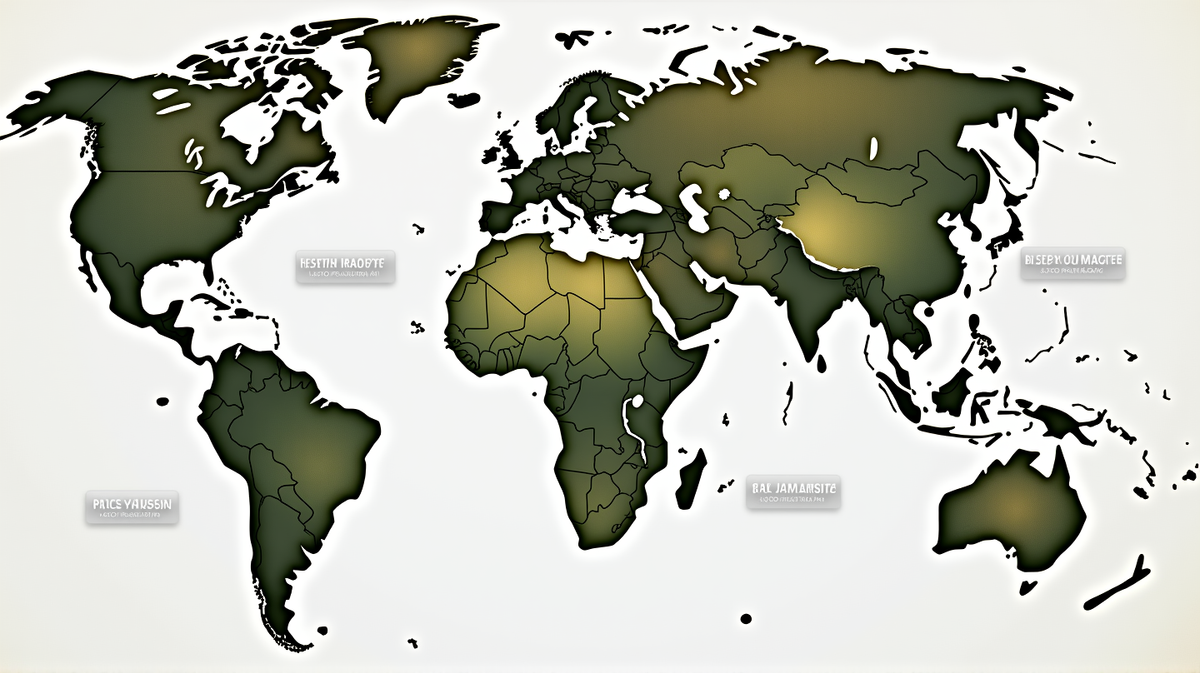Should Minimum Wage Match Local Living Costs? Nobel Laureate David Card Weighs In
Nobel laureate David Card suggests that adjusting minimum wage according to regional living costs could be beneficial, highlighting diverse economic landscapes.

Introduction to Economic Insights
In a thought-provoking conversation, Nobel laureate David Card shares his insights on the complexities surrounding minimum wage policies. His suggestion? Adjusting the minimum wage in accordance with local living costs might be a worthwhile consideration. As a professor of Economics at the University of California, Berkeley, Card’s contributions to labor market studies have shed light on wage trends, education, inequality, and immigration.
The Debate on Minimum Wages
Card’s notable 1994 study on New Jersey’s minimum wage increase opened doors for debate, proving that such increments didn’t lead to job losses in fast-food chains. However, with evolving economic landscapes, he emphasizes the importance of evaluating more recent studies across nations like Germany and the UK.
Why Location Matters
Reflecting on the diverse economic environments within countries, Card suggests that differentiating minimum wages by location could benefit workers. In regions like the US and Spain, where cities vary significantly in living costs, a tailored approach might reflect more equitable wage structures. “In places with high costs like Madrid or Barcelona, wages should be adjusted compared to regions with lower costs,” he states.
Employment Challenges in Spain
In Spain, recent hikes in the minimum wage have sparked controversy. Card highlights the need for thorough studies to understand deeper employment impacts, urging a focus on local data to address challenges effectively. Despite political complexities, he advocates for regional wage adjustments, stating, “It’s crucial to adapt policies to match economic realities.”
The Wider Economic Impact
Card delves into broader concerns, acknowledging that global economic shifts, tariffs, and political decisions add layers of complexity to wage adjustments. His critical stance on policies such as Trump’s highlights the unforeseen ramifications on research and the broader academic and industrial climate.
Lessons from Global Studies
Card also touches on immigration and educational disparities, drawing lessons from global contexts. His research suggests that immigrant integration and educational advancements hold keys to addressing inequities in labor markets, especially amidst shifting global economic conditions.
The Way Forward
In conclusion, the conversation with David Card underscores the need for nuanced, evidence-based policy-making. As he puts it, adapting wage policies to the unique economic fabrics of regions could pave the way for more balanced outcomes. According to El Mundo America, understanding and applying these insights could significantly benefit policy formulation globally.
With such complex economic dynamics at play, the call for tailored solutions becomes increasingly resonant, reflecting Card’s lifetime commitment to economic research that truly resonates with everyday realities.





